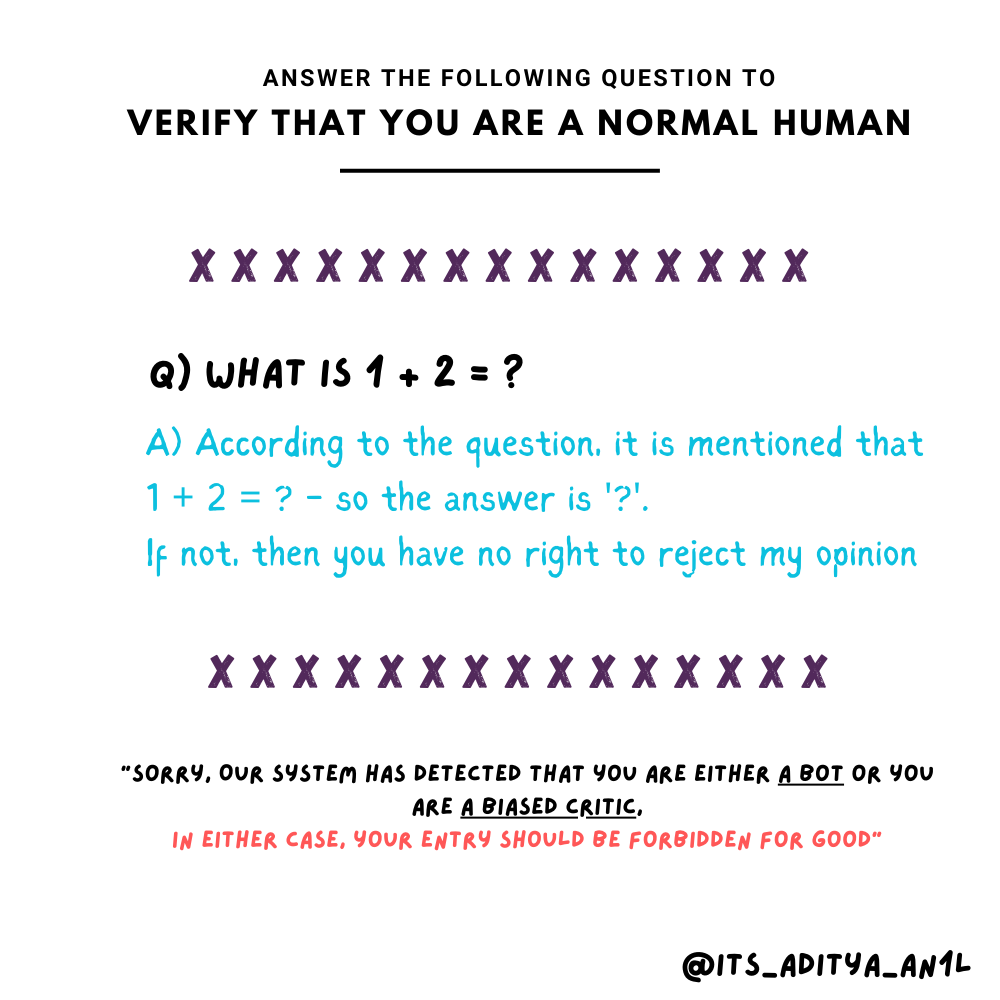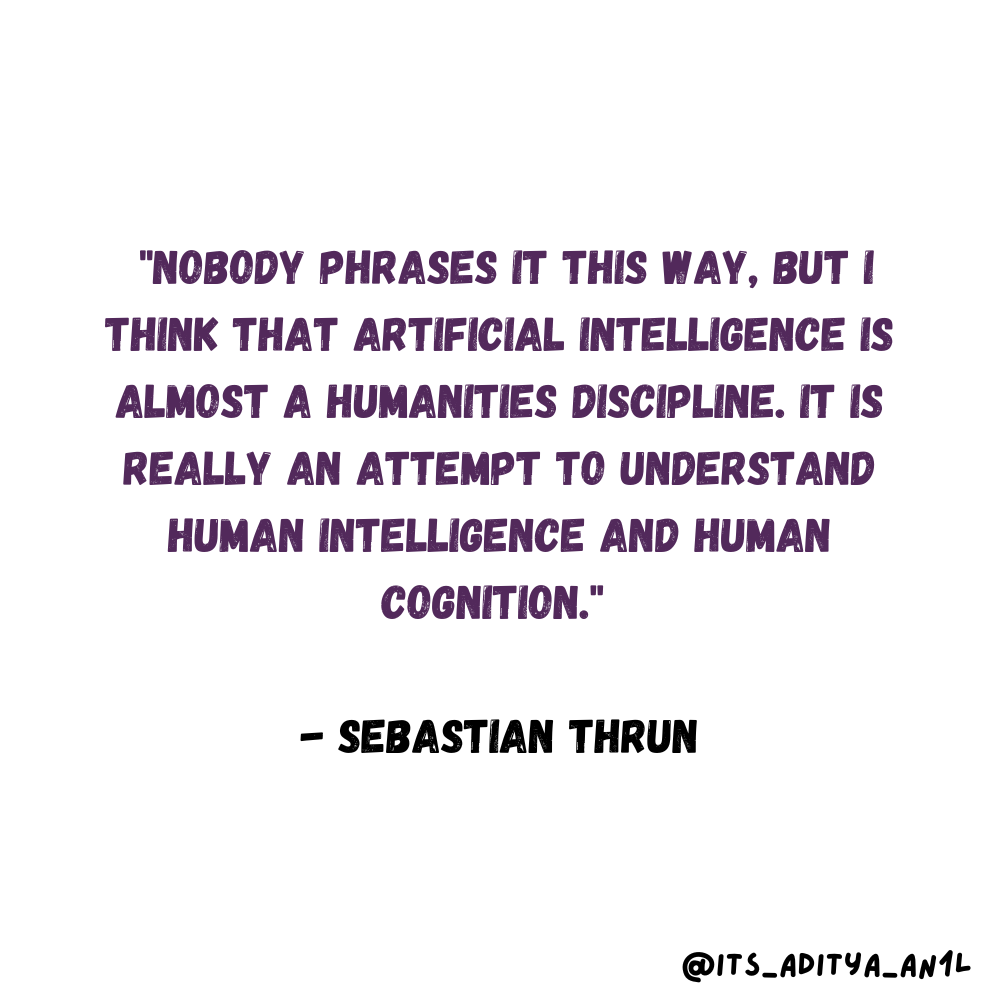Finale: The Age of AI has begun [pt. 3]
Continuation from my previous post "Impacts on Education and Risk Factor: The Age of AI has Begun [pt. 2]"
✉Hello Reader,
This is the 3rd issue as a continuation of my previous post titled - “Impacts on Education and Risk Factor: The Age of AI has Begun [pt. 2]” on Creative Block, where I scrutinise and discuss about the famous 7-page-long letter by Bill Gates (The Age of AI has begun)
If you haven’t read the previous post, check it out here.
Otherwise, let’s jump right in. Here’s the third issue, hope you like it.
Here are the previous issues :
2nd Issue.
1st issue.
Let’s jump into the 3rd and final issue in this series -
The next frontiers
In this conclusive section, Gates shares his hopes and ‘predictions’ for AI in the upcoming years. According to him (and many other AI enthusiasts), AI will create a plethora of different companies working on new use cases of AI in their products or services. Companies (like NVidia) are developing new chips that will not only help provide massive amounts of processing powers needed for artificial intelligence but also focus on reducing energy consumption - essentially making them effective.
Gates also points out a big question in these special AIs, would we need many special AIs to do our different tasks (like one for education, another for office productivity) or would there be an AGI that could do all these tasks? In my opinion, AGI is still far, so for right now we would probably need special AI to do specific tasks. However, as Gates pointed out, there will be immense competition by companies nonetheless.
Gates gives three principles that guide the conversation of "whether AI dominates”. These three principles according to Bill Gates are -
First, we should try to balance fears about the downsides of AI…we’ll need to both guard against the risks and spread the benefits to as many people as possible.
Second, market forces won’t naturally produce AI products and services that help the poorest. The opposite is more likely. With reliable funding and the right policies, governments and philanthropy can ensure that AIs are used to reduce inequity. Just as the world needs its brightest people focused on its biggest problems, we will need to focus the world’s best AIs on its biggest problems.
Finally, we should keep in mind that we’re only at the beginning of what AI can accomplish. Whatever limitations it has today will be gone before we know it.
The first point is all about rationality. People who accept both the useful side and harmful sides of AI have a better judgement (or rational judgement) on this whole matter. Being polarised and taking sides could either mean that we are stopping innovations of AI from going forward, or on the flip side we might get blinded towards the serious implications of AI in the long run. Progress in a safe and predictable manner is important. In the case of AI, the latter is missing.
The second point seemed quite interesting to me. AI’s best use case would be to solve the problems and challenges of the world. However, with that said, sooner or later we do need to regulate AI - to control it.
The third point is filled with hope and optimism. It is not surprising that Gates supports the AI revolution (after all he is still in touch with Microsoft and OpenAI), but to say that the limitations of today ‘will be gone before we know it’ - I am a bit sceptical. Problems in AI are not usually technically related all the time. Sometimes it's about its ethics (toxic misinformation), credibility (hallucinations) and transparency (like for instance OpenAI allegedly acting as a for-profit company).
And many of these challenges will take time. But as he ends his blog saying - “The Age of AI is filled with opportunities and responsibilities.” is justified. With great opportunities, comes great responsibilities. And the responsibility is not only limited towards the safeguards and transparency of certain institutions but also to the rest of us - the users.
A.I. is successful in the end if it helps humans.
(and definitely not replace them)
Finale: Conclusion
Overall one thing is clear, no matter what side we are on (supporting AI or against AI) AI is not very far from becoming the new norm. Chatbots, AI assistants and other AI-powered apps have already started to become a part of our lives. Even if you argue that you don't NEED AI tools like ChatGPT, you are still using AI to some extent.
For example, the Google search you do or the autocorrect feature you use all have some AI capability at some level. Even if institutions like the Italian government (and many other countries) try to ban ChatGPT, the development of AI is not going to stop any time soon. Matter of fact, development only gets more and more exponential.
Have a look at the following chart -
Right now we might only have Google and Microsoft fighting for AI search dominance. But as AI gets more and more powerful (or accessible), more and more giant corporations will take part. Just as Gates mentioned that competition in the AI landscape will increase, it would be better if AI is regulated well. AI is still running "wild" without any regulation - nothing to stop it (or control it for that matter).
Recently there has been letter signed by the world's leading AI experts on the proposal of pausing AI and its development for the next 6 months. But that doesn't seem to be working that well either.
But it's a good start nonetheless.
And the hopes are high
And with this, I end the 3 part series on my views and opinion on Bill Gates 7 - page long letter - The Age of AI has begun
Hope you found it insightful.
-x-
P.S. Here are other posts on substack that I would like to mention, which are also related to the topic covered in the post-
Let me know your takes and opinion on the matter.
See you in the next post














